The War in Mali: Stability at Stake in West Africa
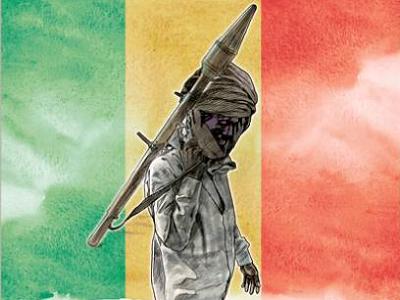
(Image Credit: Ramachandra Babu/Gulf News)
By Ramzy Baroud
‘Many of us may not be able to point to Mali on a map,’ began National Public Radio show host Neal Conan last Thursday, “but this landlocked nation in West Africa has emerged as a crisis.” The buzzword is, of course, Al Qaeda. Although it is the least urgent component of the current Malian turmoil, according to some, it is enough to vindicate yet another war.
“US military planners have begun to help organize a multinational proxy force to intervene next year in Mali,” reported UK’s the Independent newspaper on December 6. The proxy force is likely to be fashioned around the war model used by the US-Nato in Afghanistan in 2011.
Mali, which until recently was applauded for its stability and promising nascent democracy, has been frequently compared with Afghanistan. Malian soldiers will join thousands of troops dispatched from various West African countries, as they will all receive US funding, training and logistical support to fight a war in the quickly disintegrating northern and western parts of the country.
France too is demanding “rapid” military intervention in the famine-stricken country. Its unmanned drones have reportedly been scouring the desert of the troubled West African nation — although it claims that the drones are seeking the whereabouts of six French hostages believed to be held by Al Qaeda.
The French are likely to get their wish now that the Americans are fully on board. This is especially so following the recent political fiasco engineered by the country’s strong man and coup leader Captain Amadou Haya Sanogo. The latter plotted an ousting of a prime minister and the induction of another.
The American involvement is a reflection of growing US interests in the region, where African countries remain somewhat divided and have no clear alternative to restore Mali’s territorial integrity — and equally important political sovereignty — disjointed between Tawareq secessionists and Islamic militants in the north and factionalized army in the south.
Despite official US statements that no American troops will be sent to Mali, a direct American participation is unavoidable. According to Pentagon’s deputy assistant secretary for Africa, Amanda Dory, the US will not rule out providing aerial cover — read airstrikes — of advancing West African troops. “We definitely don’t know how that would work out.”
The UN, however, has a reasonably good idea of how an ill-thought military intervention of few thousand soldiers, with American (and likely French) air cover in an area the size of Texas would “work out”. A UN report, quoted in the BBC last Friday, suggests that “some 400,000 more people could be made homeless in Mali if West African armies try to oust Islamists from their northern stronghold.”
This additional number will join an already swelling number of refugees, displaced by fighting in the north, a military coup in the south and a burgeoning famine everywhere. Earlier, another UN report upgraded Mali’s urgent need for aid to $370 million (Dh1.36 billion), which is 72 per cent more than the amount sought by the UN in 2012. An all-out war is likely to require a much greater need for assistance, although the amount remains negligible if compared to the prospected cost of war.
The current crisis in Mali is the recent manifestation of a recurring episode of terrible suffering and constant struggles. Turmoil defined Mali for many years, even after the country achieved a level of political stability in 1992. At the time, it was believed that Mali was fast becoming a model for democracy, at least in the West Africa region. A few years later, thousands of refugees from the ever-neglected and under-represented Tawareqs began returning to their towns and villages mostly in the vast desert region in northern Mali. That return was ushered in by a peace agreement signed between Tawareqs and the central government. Little on the ground has changed. Various bands of Islamic groups, some homegrown, others fleeing fighting in neighboring countries, especially Algeria, found haven in Mali’s north and west.
While France attempted to keep Mali in its sphere of influence, the US was also taking interest in Mali’s crucial position in the Sahel region and the prospects created by the ungovernability of the northern regions. Of course, the all-inclusive definition of Al Qaeda served as the ever-convenient ruse to justify American involvement. Al Qaeda in the Islamic Maghreb (AQIM) was used by Washington to rationalize the establishment of the US Africa Command (AFRICOM). It was set up in 2008 to manage US military interests in the whole continent with the exception of Egypt. The US State Department claimed that AFRICOM “will play a supportive role as Africans build democratic institutions and establish good governance across the continent.”
AFRICOM has provided assistance to the central government, although Mali’s south is not exactly an oasis of stability or democracy. The most dominant faction in the Malian army is led by US-trained Army Captain Amadou Sanogo, who, on March 22, led a coup against President Amadou Toumani Toure. Sanogo’s reasoning — blaming Toure for failing to stamp out growing militant influence in the north — sounded more like a pretence than a genuine attempt at recovering the disintegrating country. Sanogo’s coup came shortly before elections, scheduled for last April. While the African Union (AU) reacted assertively to the coup by suspending Mali’s membership, western powers remained indecisive.
The conflict in the north is in a constant influx. Alliances change, thus the nature of the conflict is in constant alteration. However, instability in northern Mali is not new. Large consignments of weapons, made available during Nato’s war in Libya early last year, made their way to various rebel and militant groups throughout the region. The Tawareqs had received support from the ousted Libyan government and were dispersed during and following the war. Many of them returned to Mali, battle-hardened and emboldened by the advanced weapons.
Fighting in the north began in stages, most notably in January 2012. Sanogo’s coup created the needed political vacuum for Tawareqs’ National Movement for the Liberation of Azawad (MNLA) to declare independence in the north mere two weeks later. The declaration was the result of quick military victories by MNLA and its militant allies, which led to the capture of Gao and other major towns. These successive developments further reassured Islamic and other militant groups to seize cities across the country and hold them hostage to their ideologies and other agendas. Ansar Al Din, for example, had reportedly worked jointly with the MNLA, but declared a war “against independence” and “for Islam” in June as soon as it secured its control over Timbuktu. Al Tawhid Wa Al Jihad, along with AQIM made their moves. The allies soon became bitter enemies.
There is now semi-consensus on the need for military intervention in Mali, although some differences persist over the nature and scope of that intervention. Sanogo himself seems to have lost interest in seeing other West African powers jockeying for influence in Bamako, which will threaten his thus far unchallenged rule. Moreover, it is unclear how affective military force can be, as the territorial fragmentation, many militant groupings and political discord throughout the country are almost impossible to navigate.
The stability of West Africa is surely at stake. The chances of a political solution are all but completely dissipated. The growing chaos will likely benefit interventionist states — France and the US in particular. A long-drawn new “war on terror” will justify further intervention in West Africa and more meddling in the affairs of the region. The region will benefit from US-French handouts in the short run, but will suffer the consequences of the chaos that is likely to ensue once the war starts and unlikely to end anytime soon.
– Ramzy Baroud (www.ramzybaroud.net) is an internationally-syndicated columnist and the editor of PalestineChronicle.com. His latest book is: My Father was A Freedom Fighter: Gaza’s Untold Story -Pluto Press.


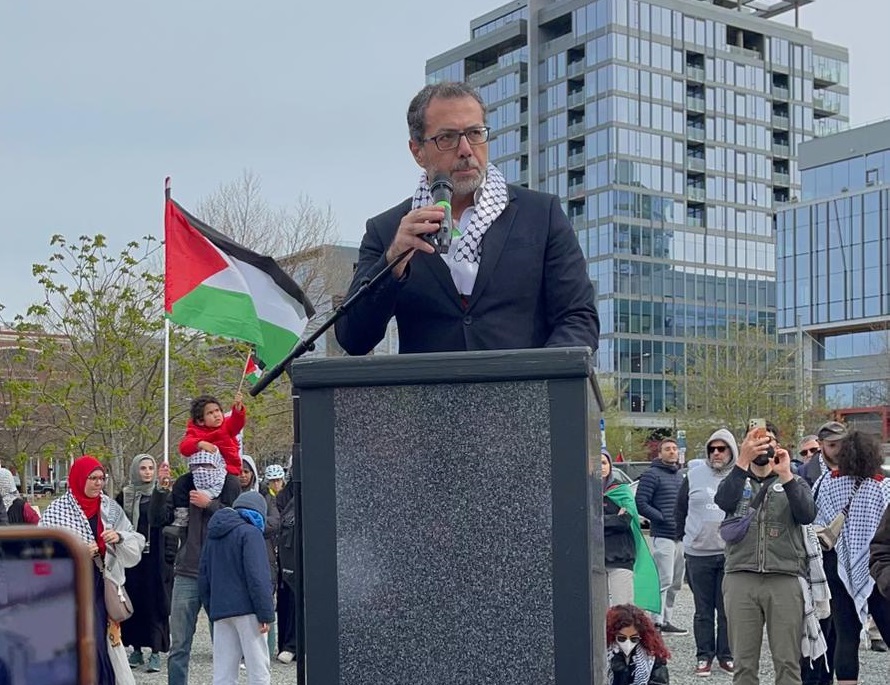
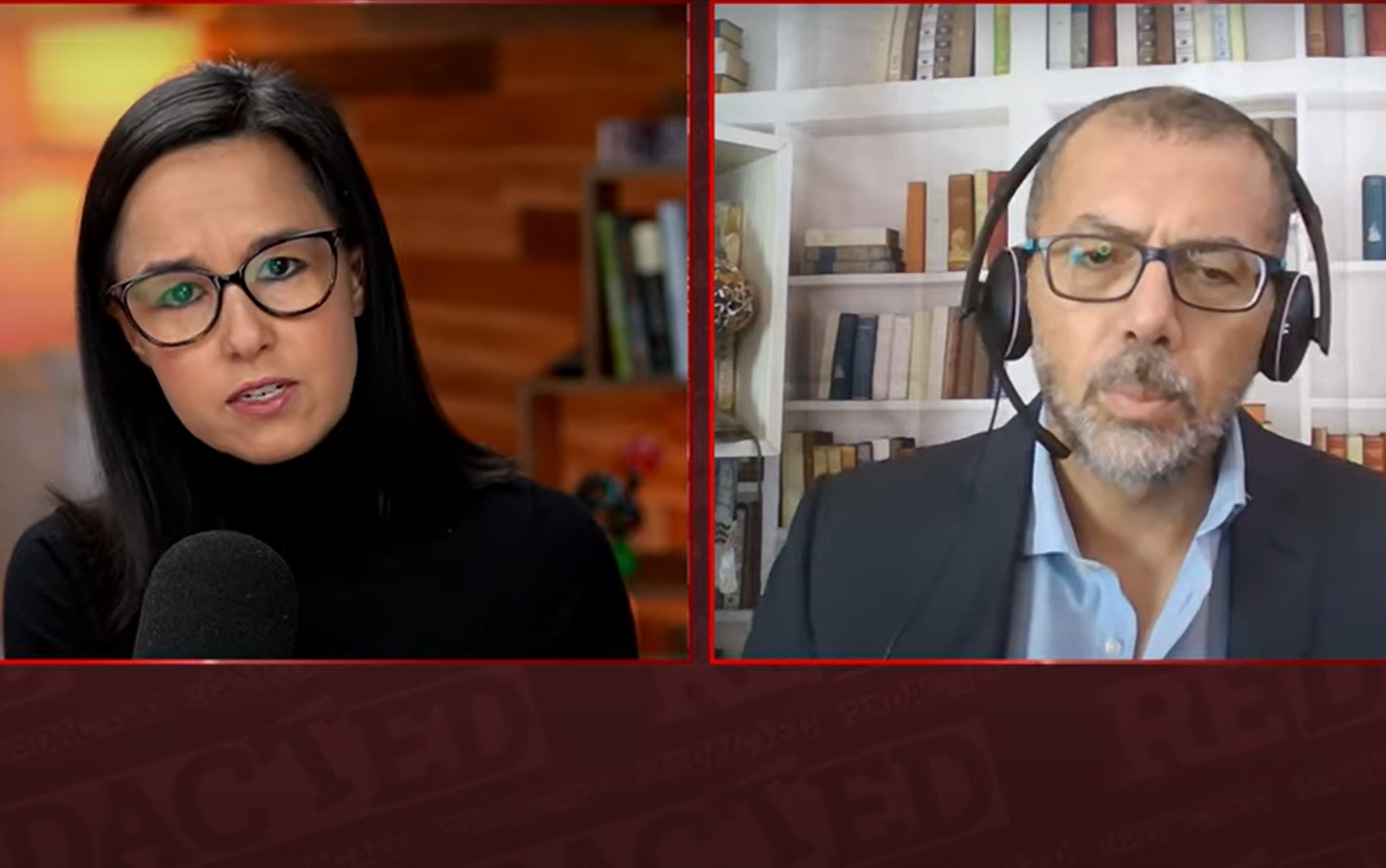
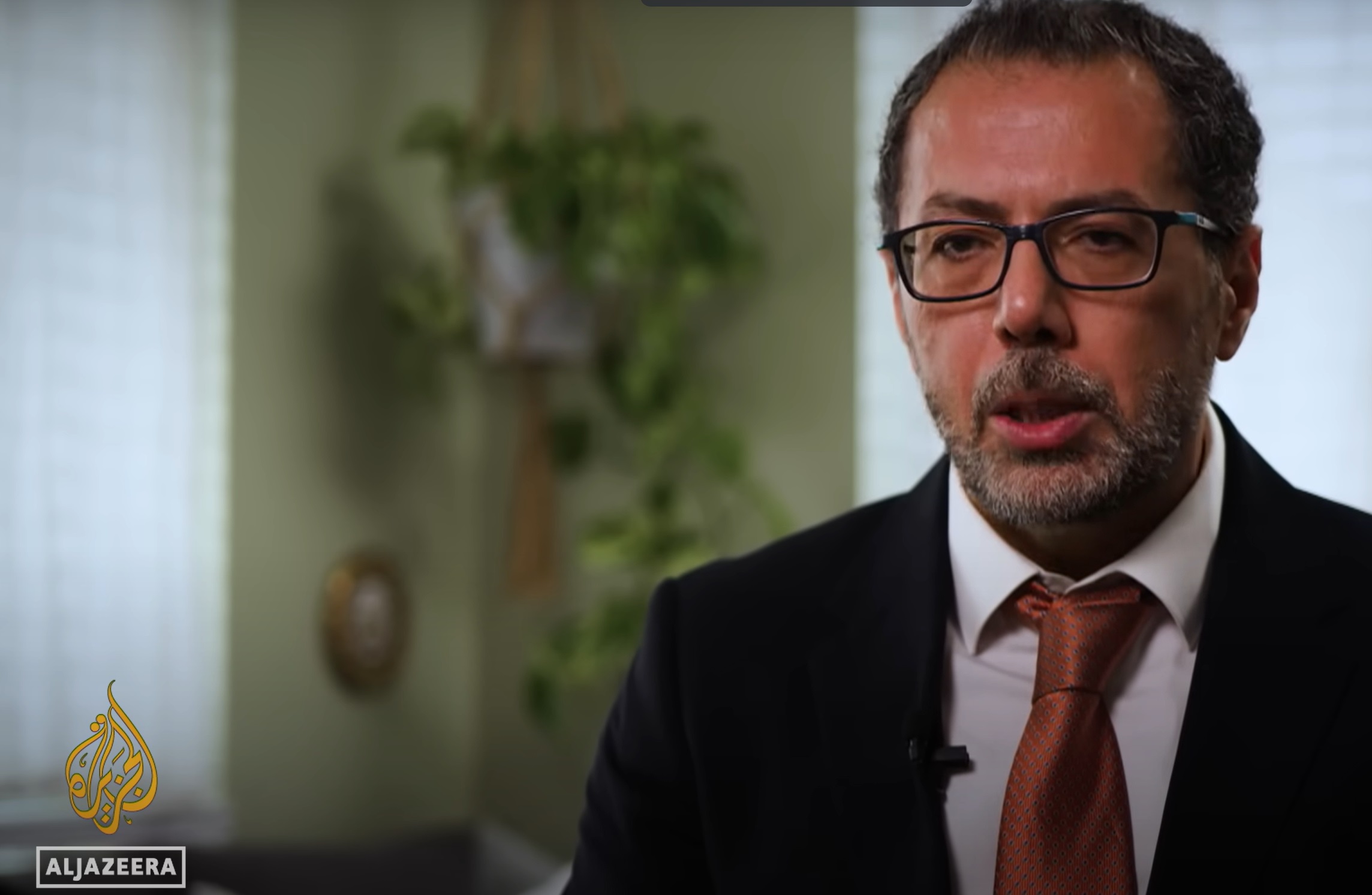











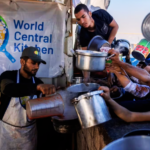
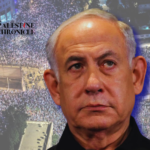

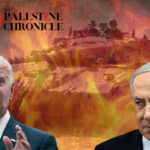
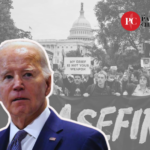
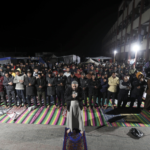
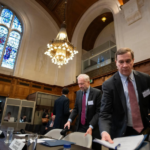
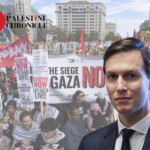
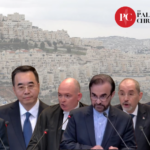
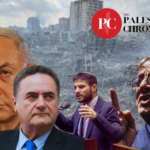







0 Comments